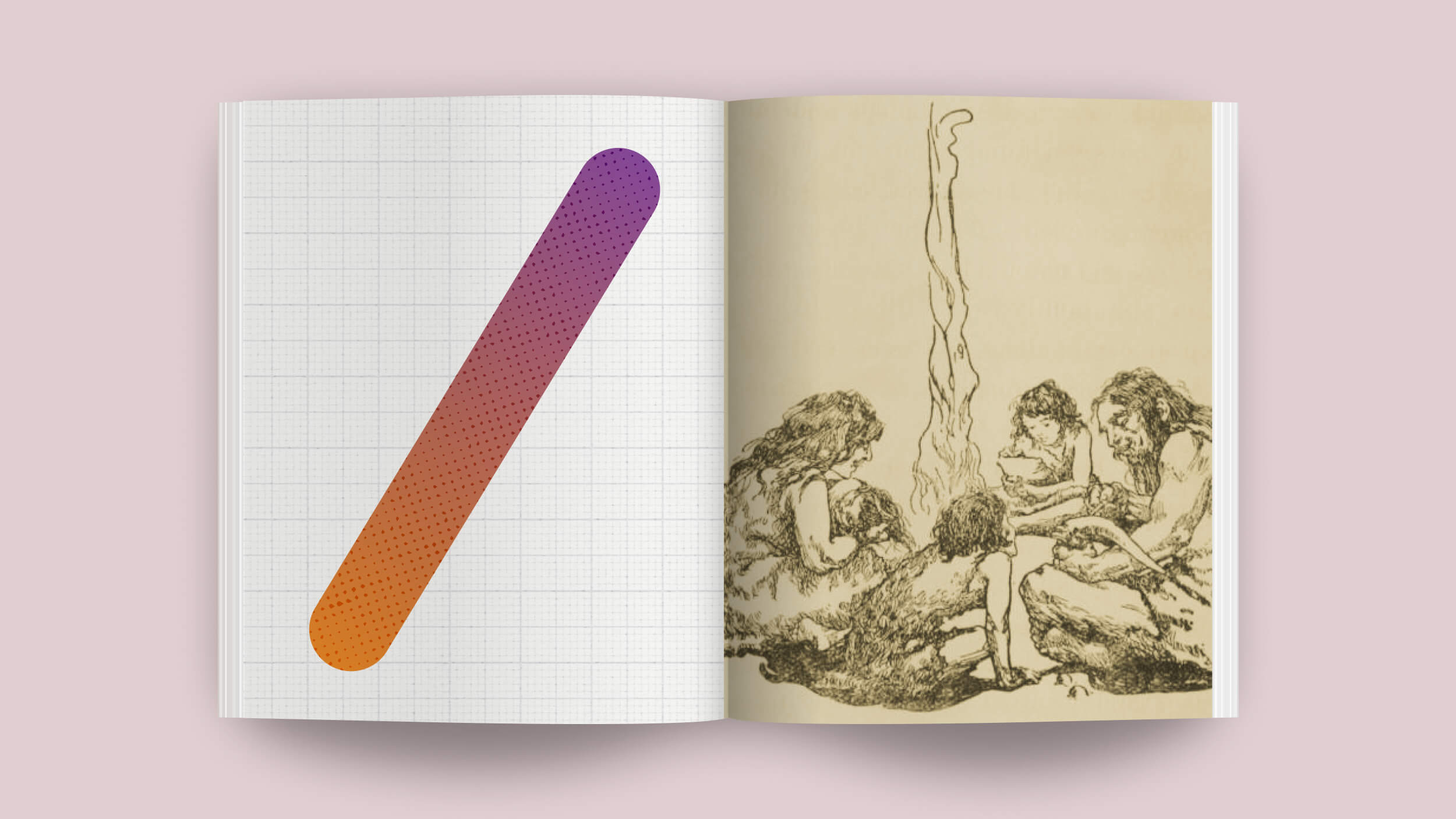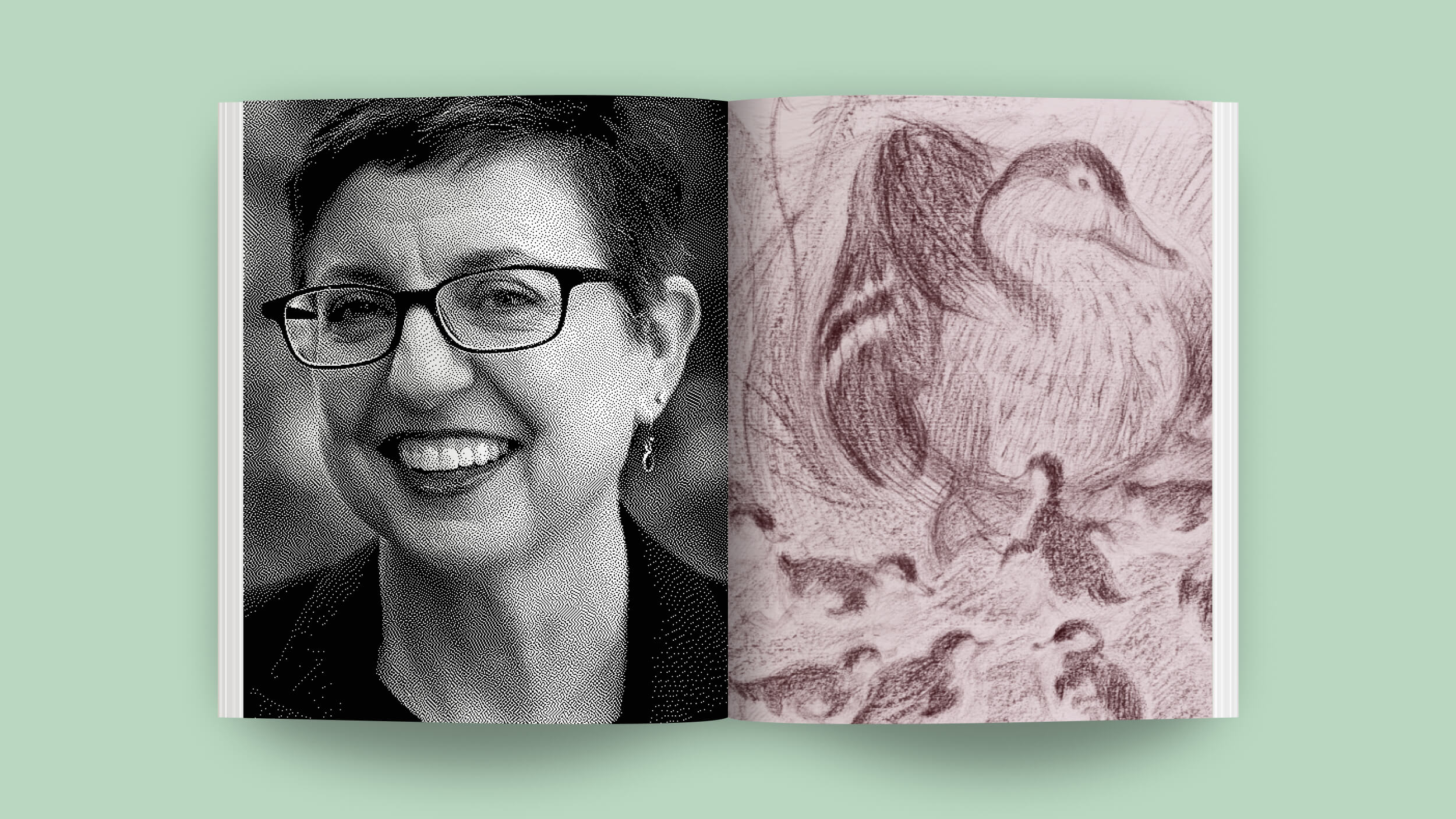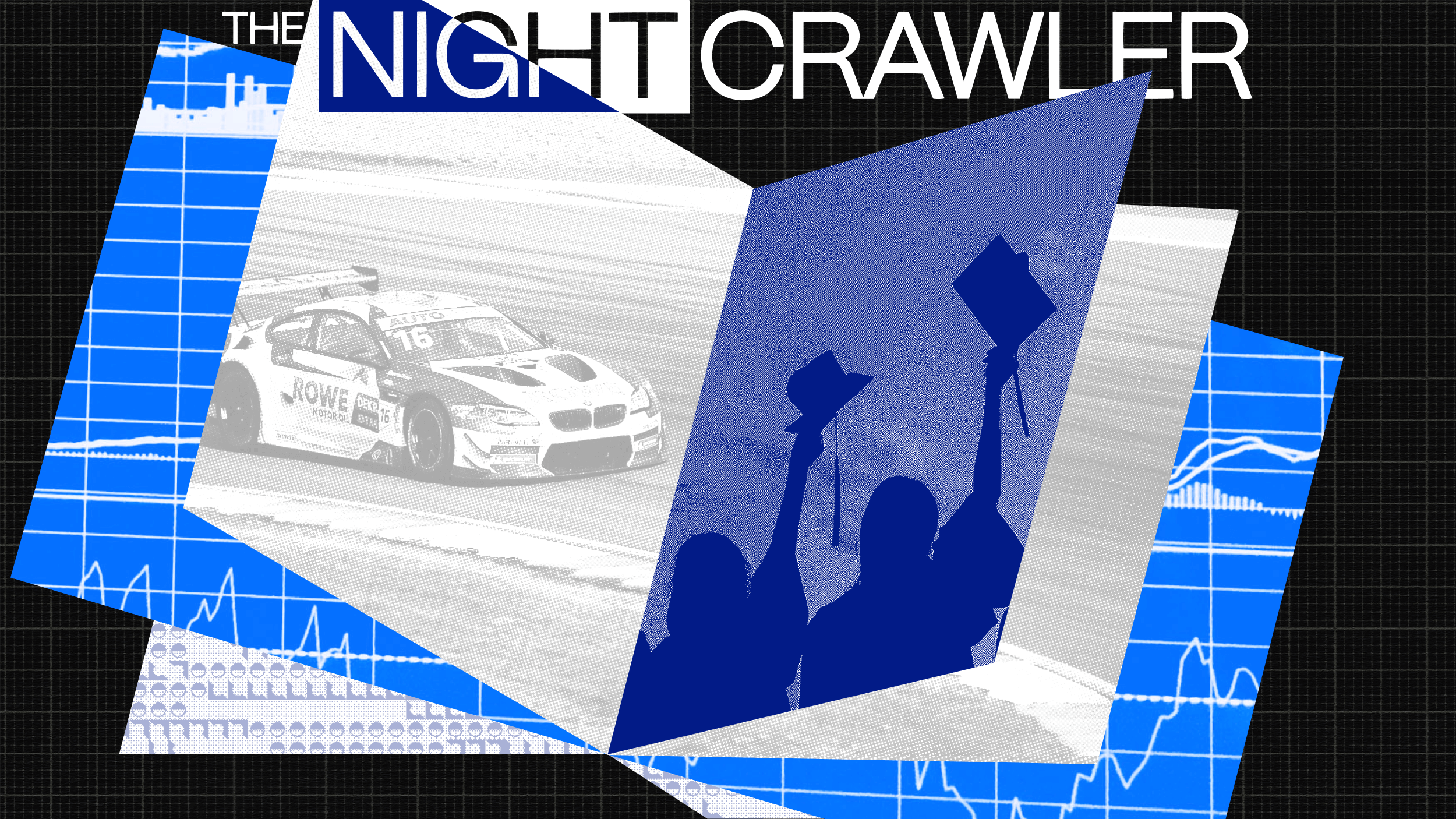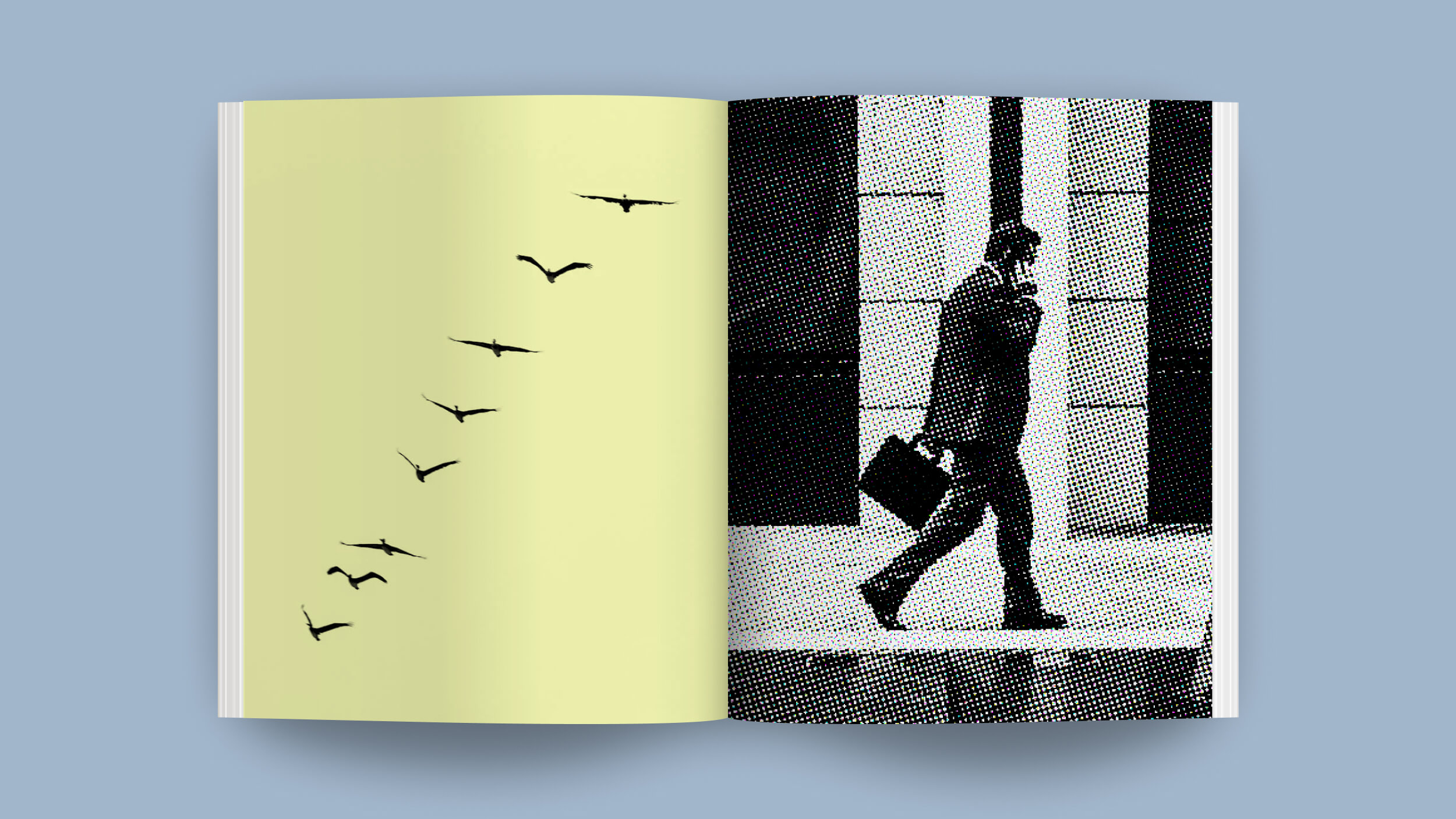Eventually, someone is going to make a better product, or build a better brand, than you have. The way to keep people from switching sides? Harboring a loyal customer base. The way to harbor a loyal customer base? Relentless hospitality.
Famed restaurateur Guidara credits his successful career to what he calls “Unreasonable Hospitality” – also the title of his book – which he achieved by abiding by three main keys: Being present, taking the work seriously (but himself less seriously), and creating individualized customer experiences. By considering how you’re making your customer feel, you’re fostering connections and lifelong memories your patrons will never forget.
Not only will these actions keep your customers returning to your business, but it will also work as a way of natural marketing; they’ll share stories of your service and draw even more people in, keeping your company alive.
WILL GUIDARA: So why should you be spending any of your time listening to a restaurateur? Listen, for most of America’s history, we were a manufacturing economy. Now we’re a service economy and dramatically so. More than three-quarters of our GDP is driven by service industries. Globally, it’s more than two-thirds, which means that statistically speaking, if you’re watching this, you and I do the same thing for a living.
We might sell people different stuff, but we’re all in the business of serving other people. And I believe if you do that through the lens of hospitality, you will be more successful.
My name is Will Guidara. I’m a restaurateur and author of the book “Unreasonable Hospitality.” My restaurants over the years included Eleven Madison Park here in New York, which in 2017 was named the number one restaurant in the world.
Service and hospitality are not the same thing. Service is the thing you’re doing. In my world, it’s getting the right plate of food to the right person at the right time. Hospitality is how you make people feel when you do that thing.
In “The Bear” season two episode seven, it’s called “Forks.” When Richie goes to work at the fancy restaurant and when he gets there, he has no passion whatsoever for hospitality, but by the time he leaves, he is completely addicted to it. You see the light bulb turn on where Richie recognizes how fulfilling and how much nobility there is in providing graciousness to others.
I don’t care what you’re serving, what you’re selling, the way you make people feel will be the thing that they remember more than any of that.
Now, why unreasonable hospitality? Well, you look across disciplines, whether it’s directors or athletes or designers, entrepreneurs, the most successful out there are relentless in bringing the best version of themselves or their product to life. They are unreasonable in their pursuit.
Unreasonable hospitality really, it just means making the choice to be as unreasonable in pursuit of how you make people feel as you are the product you’re selling those people.
I don’t care how good your product is. I don’t care how strong your brand is. Eventually, and this is not a subjective statement, it is objective. History has proven it to be true. Someone will come around and build a better product or create a stronger brand. It’s simply a matter of how long it will take.
The only competitive advantage that really exists comes through investing consistently and generously into relationships. Because relationships take a long time to build and when built the right way, the loyalty you get takes an incredibly long time to erode. And the best way to invest in relationships comes through hospitality.
What I found is unreasonable hospitality happens when you can motivate a team of people to do three things. One, be present. What that means is caring so much about the person you’re with that you stop caring about everything else you need to do.
And these days, with cell phones as perpetual distractions in our pockets or with our ever-growing to-do list, it can become really difficult to slow down for long enough to actually listen to those around us. With hospitality, sometimes you need to slow down in order to speed up.
Number two, take what you do seriously but take yourself less seriously. Way too often people in customer service let their self-imposed standards get in the way of them giving those around them the things that will bring them the most joy.
The moment you let your brand tell you that you are not allowed to do something that will make one of your key stakeholders happy, then the entire relationship has gotten out of whack.
And third, if hospitality is about making people feel seen, the best way to do it is not to treat them like a commodity, but a unique individual. The best form of hospitality is not one size fits all, it’s one size fits one. The greatest gestures are bespoke to the people you’re extending them to. You give them the stories that they will be inclined to tell over and over and over again, doing your marketing on your behalf far better than you’d ever be able to do it yourself.
At Eleven Madison Park, we created a program that I called the Dreamweaver Program. Every single night, doing countless little gestures that made our guests feel seen. One time, a guest called us before he came into the restaurant to just warn us that his dad was more of a Budweiser, steak and potatoes kind of guy than what we were serving.
And so we had these fancy champagne carts where they’re a picture like a champagne bucket on a cart that we’d push over to the table. The Dreamweavers went around to every bodega in the neighborhood and bought every available type of bottled bud and we filled the champagne cart with that instead.
The moment we pushed that up to this guy’s dad, immediately he felt at ease. He was now in a place where he belonged and he was that much more able to enjoy the meal that came next. I talked to that guy’s dad about a year ago because that guy was a friend of a friend. His dad didn’t remember a single thing he ate that night, in spite of the fact that we were serving some of the best food in the world. But he’ll never forget how we made him feel when we pushed over that Budweiser cart.







